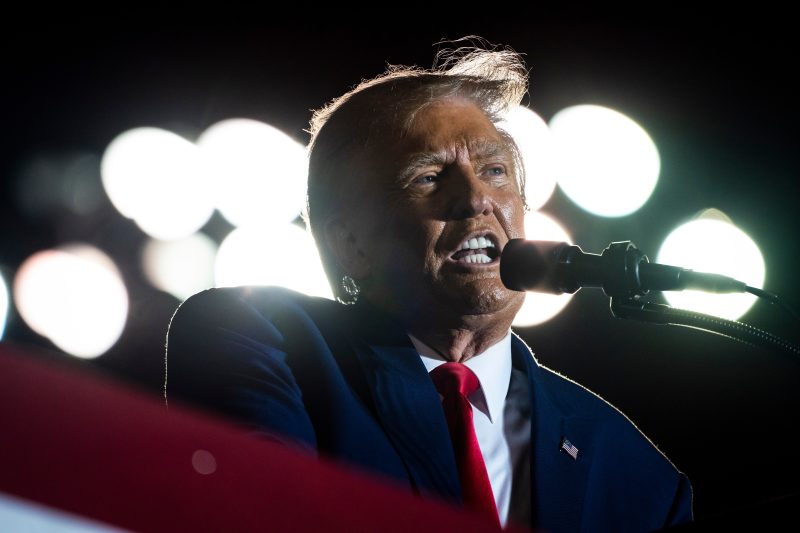Donald Trump recently declared that the federal government would provide full legal protection to police officers involved in shooting incidents, sparking a debate over the president’s power to indemnify law enforcement officers. However, according to some experts, the president’s promise has been in effect for years in many police departments around the country.
Under current law, police officers are typically on the receiving end of civil cases for wrongful death, or any other legal action concerning their conduct while on duty. In this context, “indemnity” refers to the act of the government providing legal protection and indemnifying the police officer in any legal action. In the majority of police departments, these civil cases are provided for in the terms of the police officer’s individual contract, with the cost of indemnity and legal defense usually being shouldered by the department’s insurance.
The difference with Trump’s proposal is that his plan calls for the federal government to provide this indemnity directly. In theory, this would provide police officers with an extra layer of legal protection, with the government acting as a buffer between its officers and any civil suits related to their conduct.
Proponents of the plan argue that it would limit the burden of legal costs on police departments, freeing them to focus on more pressing matters. However, others worry that this increased legal protection could discourage police officers from acting ethically, leading to a culture of impunity. Additionally, there is concern that it could open up the federal government to a wave of lawsuits.
Although Trump’s promise to indemnify the police could provide practical benefits if implemented correctly, it is important to note that many departments already provide legal protection and indemnity to their police officers. Therefore, Trump’s offer is far less groundbreaking than it may initially appear.
